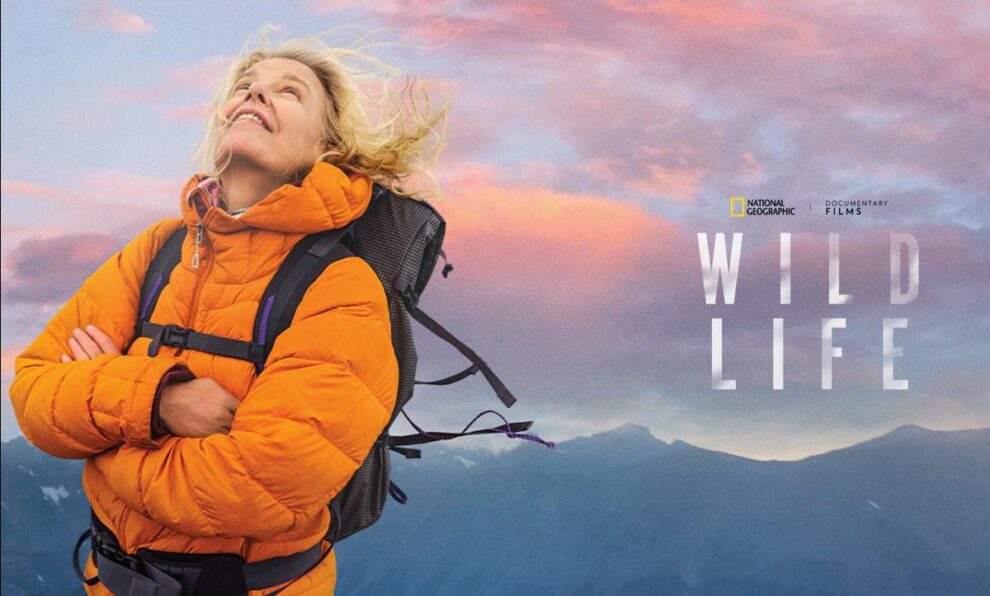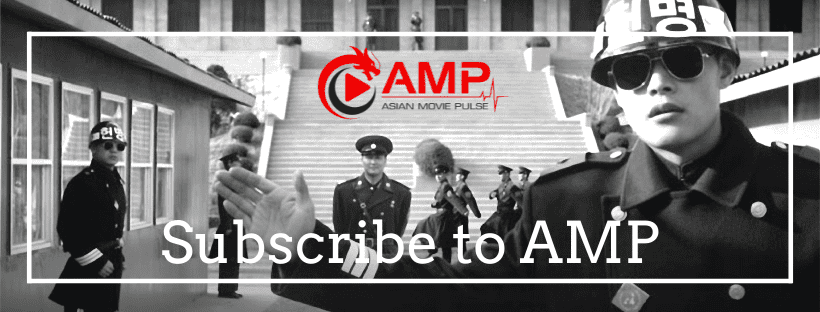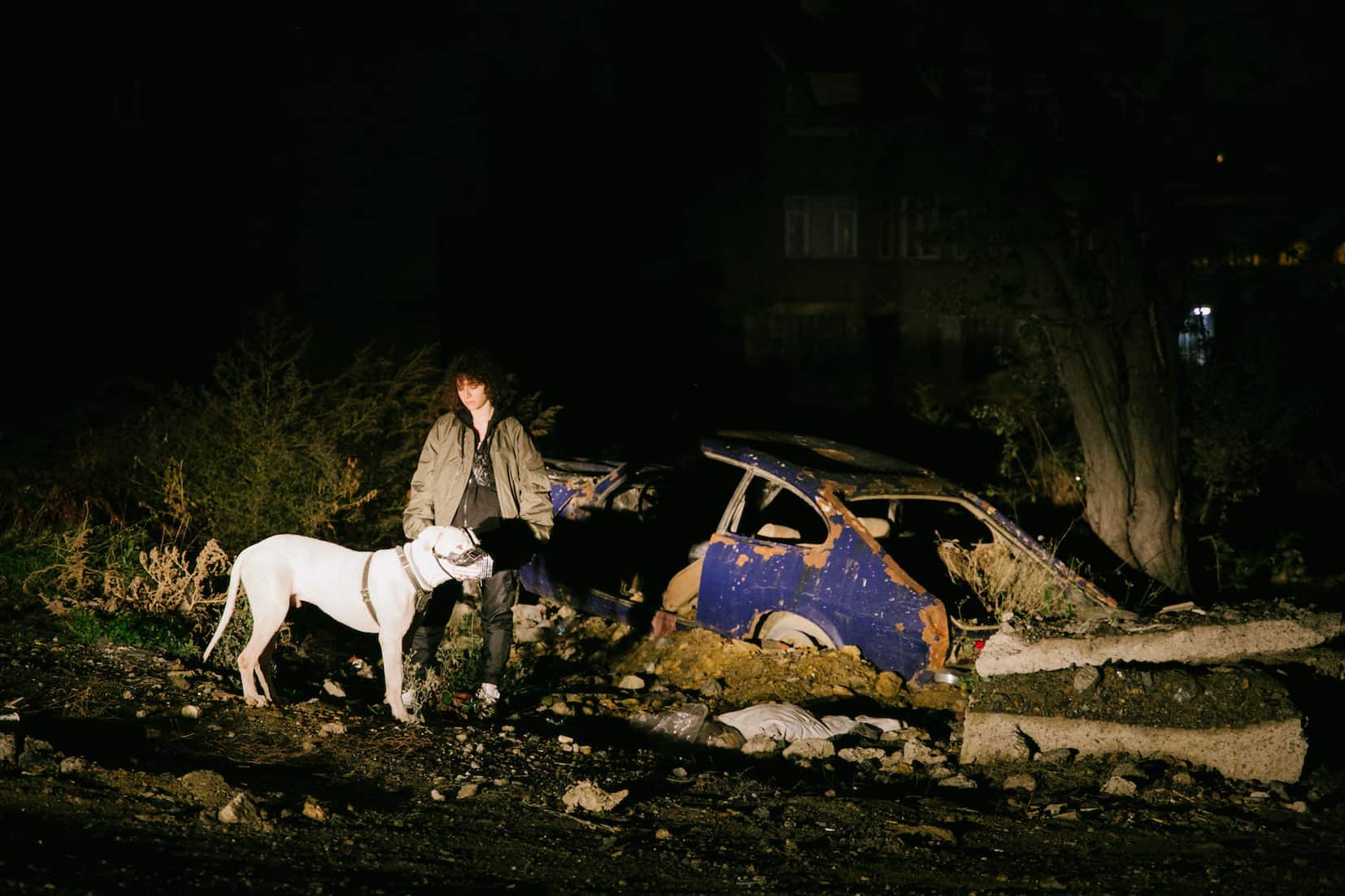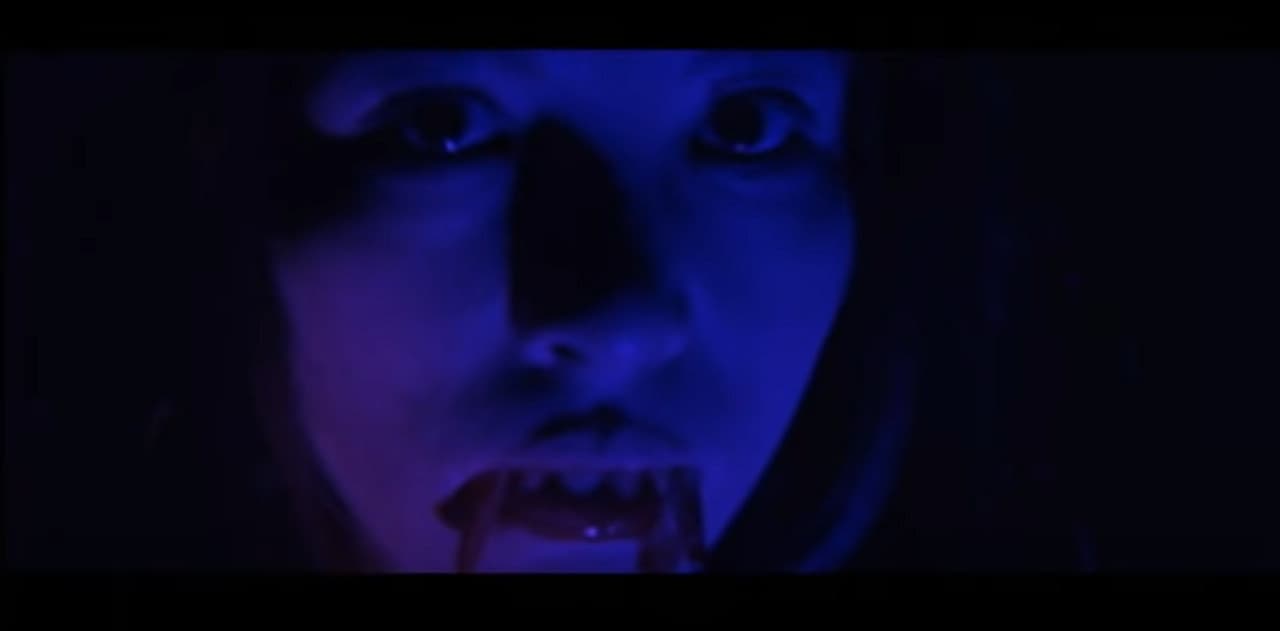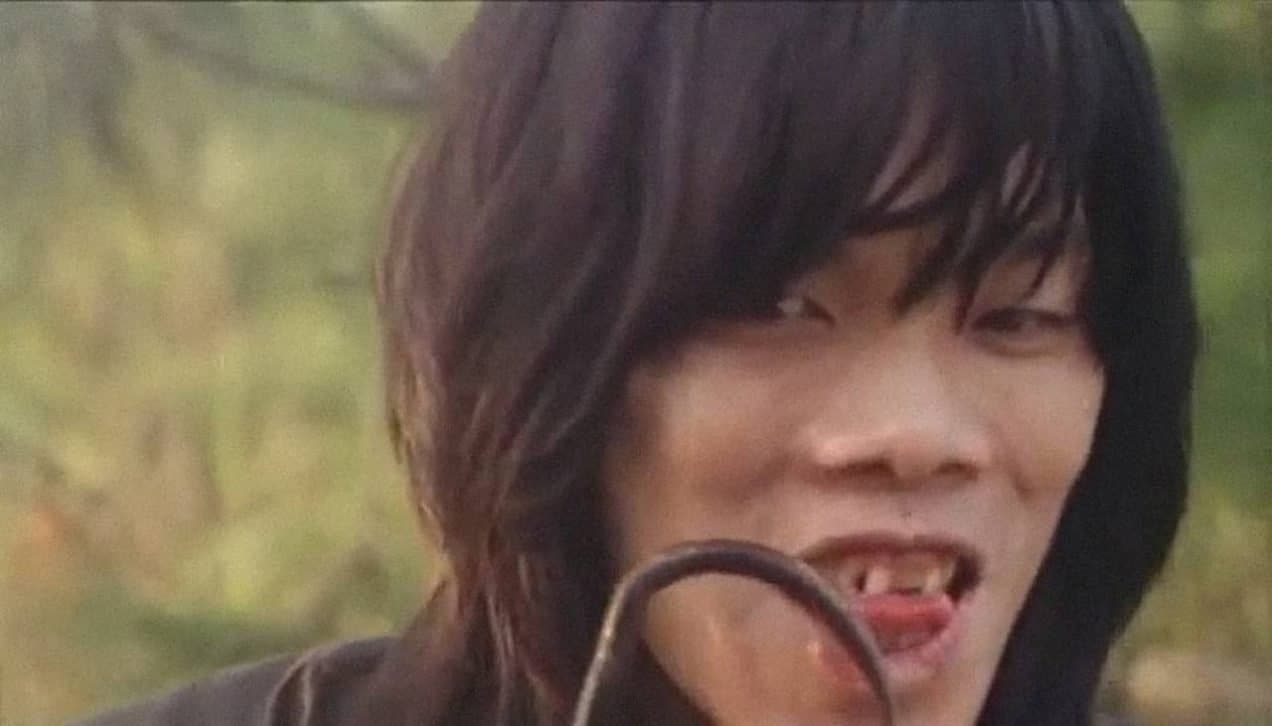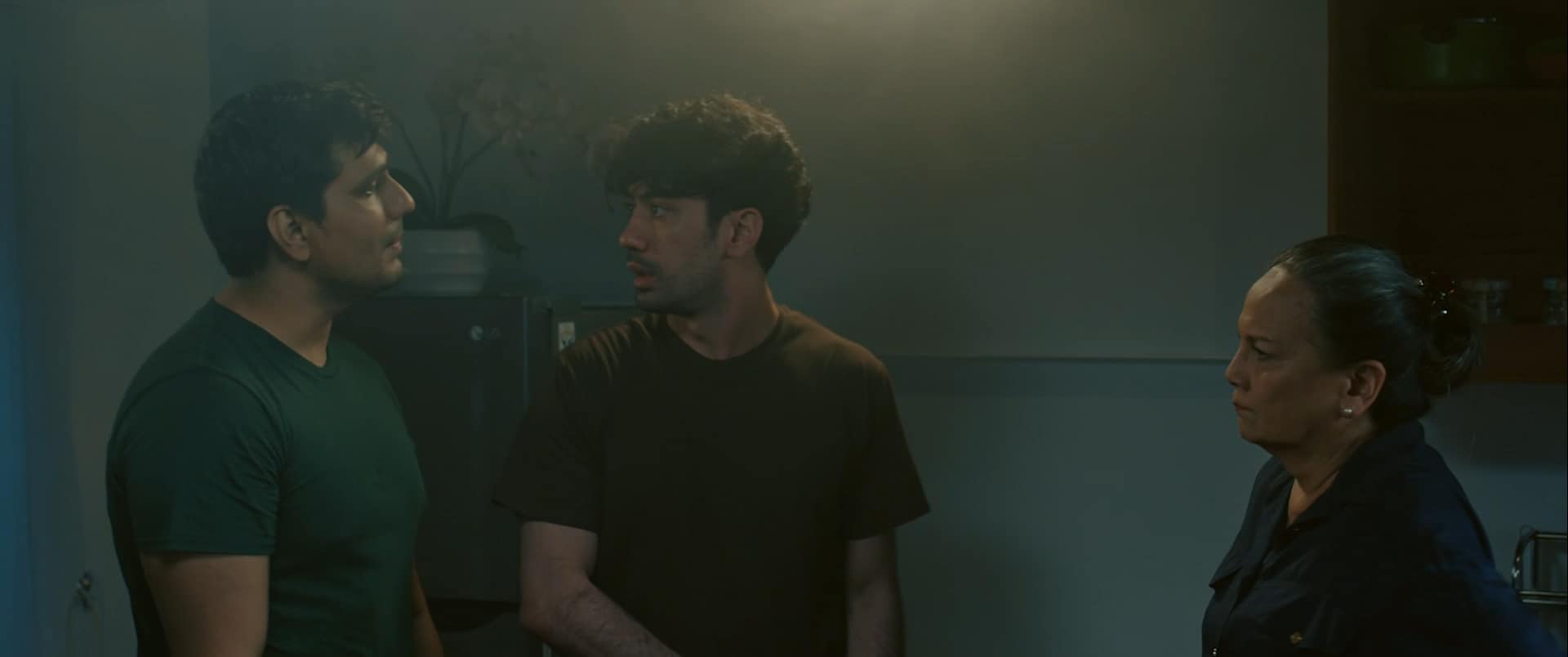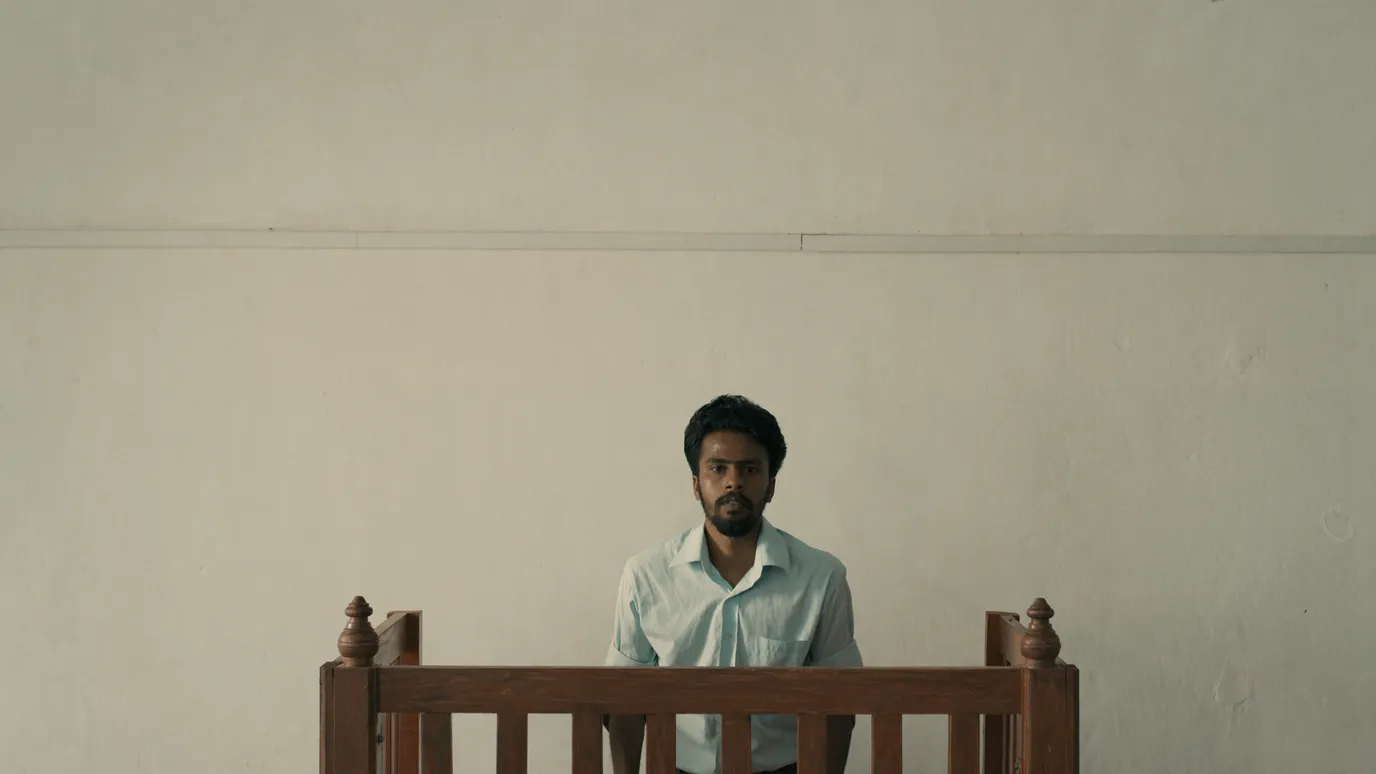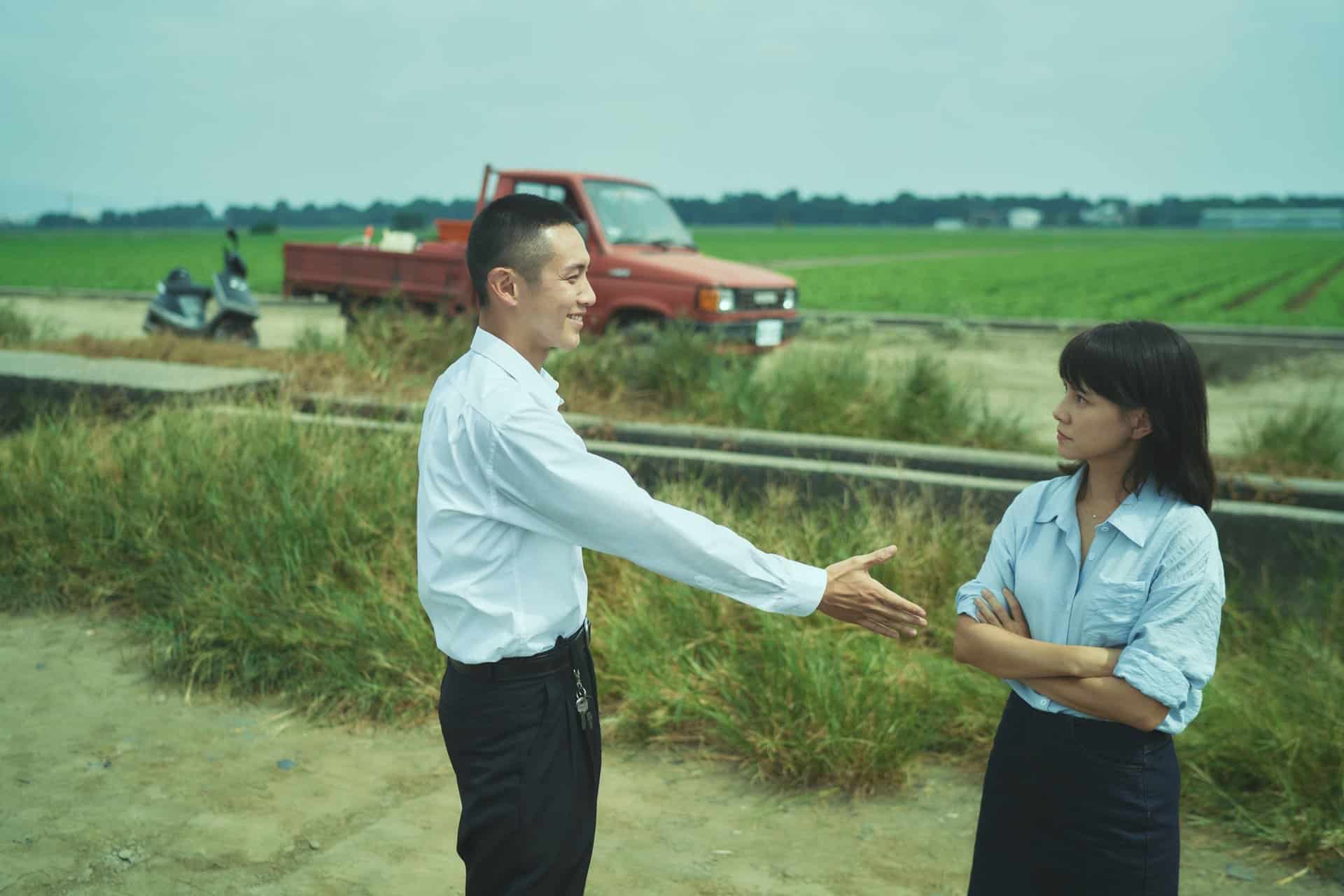Oscar-winning documentary duo Jimmy Chin and Elizabeth Chai Vasarhelyi (“Free Solo”, “The Rescue”) come together to cover another couple in their most recent feature, “Wild Life”. Here, they follow the story of eco-philanthropists Douglas and Kris Tompkins. The story is as American as they come. Before the two met each other, Douglas and Kris lived humble lives as outdoor aficionados. The two gradually built their fortune on outdoor gear companies in the 1960s-70s: Douglas co-founded The North Face and Esprit, while Kris managed Patagonia, Inc. as the CEO. Everything changed after they ran into each other at a remote Argentinian village, however. After a whirlwind romance, an epiphany about the emptiness of their current lives and the urgency of climate change, the newly-weds uprooted themselves from their comfortable lives in the US and moved to a remote cabin in Chile. Once there, they do what any other good American with $150 million would do: they buy land.
“Wild Life” is distributed by National Geographic, and will be in select US theaters from 14 April, 2023. “Wild Life” will open in the SF Bay Area on 19 April.
When told baldly, the Tompkins story seems a tad ungracious. Chin and Vasarhelyi, however, cleverly weave in the romance of their tale. Through a tapestry of interviews with Kris, the couple's mutual friends, and of course, sweeping vistas of the Andes Mountains range that the two so love, Chin and Vasarhelyi lure us into the nobility of their project. The Tompkins, they maintain, only bear good will. In fact, the twosome bought 2 million acres to maintain its natural charm. Over the next few decades, they devoted their lives to carving out three national parks – Pumalin, Ibera, and Patagonia – stretching out between the snow-capped expanse of Chile and Argentina. Even now, after Douglas' untimely death on a kayaking mishap, septuagenarian Kris dedicates her life's work to conservation. Like negotiating the land with the national governments, re-populating the wildlands takes tremendous effort and time.
It's hard to swallow a documentary like this in 2023. On one hand, the Tompkins' financial and passionate resolve to save the planet is extraordinary. With Tompkins Conservation, the duo protected around 14.8 million acres across Chile and Argentina. On the other hand, the couple's dream is not quite so… innocent. The Tompkins' vision of an untouched national park displaced at least 200 families, and certainly disrupted a number of businesses. The privately-owned swaths of land are certainly not small, either, in the government's own push to modernize a country already scarce on space. It's also surprising to see that little to no mention of indigenous ownership and conservation is taken into account. “Wild Life” teeters into dangerous territory of settler-colonial logics here – where white Americans seem to “know better” about the “real value” of the land than the locals.
Chin and Vasarhelyi gloss over these issues with shots of the Tompkins' remorse, however, and with overly-optimistic updates. Of the 700 hours of footage they parsed through (400 filmed and 300 from the archives), they side with the Tompkins' romantic vision of their work. In this way, similar issues from “The Rescue” (2021) echo in “Wild Life”. The documentary duo glibly ignore the residual traces of a white savior complex, wherein experts from first-world countries come to the third-world and pat themselves on the back for the good work that they are doing. While conservation is indeed an honest goal, the means may not be the simple frolic through the flowers that Chin and Vasarhelyi might have us believe.
Part of this naivete might be due to the filmmakers' own close relationship with the Tompkins. The duo film themselves on a hike with Kris Tompkins together. They record footage of Kris pouring out her heart to them on the trail; they film her humbly drinking from a thermos on a windy plateau. While this affords the documentary duo keen insight into Kris's version of events, it makes it difficult to maintain any critical distance. In fact, Jimmy Chin cameos as an interviewed subject. He positions himself as a historian. He narrates their journey through the mountains; he speaks of his interviewed subjects with a surprising level of familiarity. Though Chin does not explain his deeper personal history with Douglas and Yvon Chouinard (founder of Patagonia and Douglas' good friend) themselves on-camera, he attests to their character each time.
It's a bit puzzling, to be honest, to see a documentarian provide personal testimony to his filmed subject's character. But perhaps this comes with the territory of documenting a controversial figure. As with any philanthropist, the dual-face coin of the robber baron is bound to haunt. This may account for the shift of the film's subject onto its namesake in the last third of the documentary. To borrow Kris' term, the “deep ecology” that the Tompkinses are fighting for is not so much about adding value to humanity, but to see the interconnectedness of life.
In light of the global conversation on climate change, “Wild Life” is sure to spark conversation. Its human fascination with the Tompkins' celebrity is a tad uncomfortable for a film on “deep ecology”; at the same time, their role seems inseparable from the breathtaking beauty they helped preserve. If anything, the generous views of the parks they maintain are sure to inspire.


